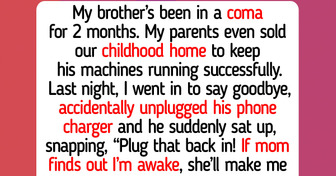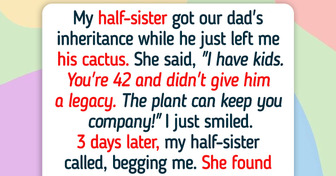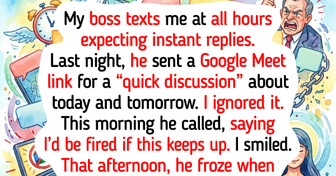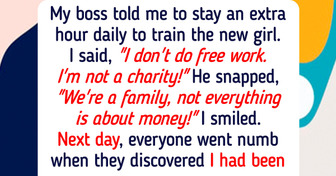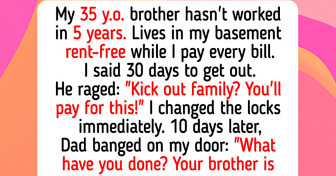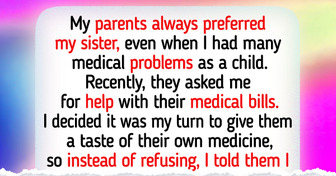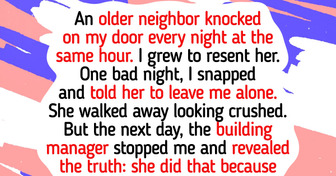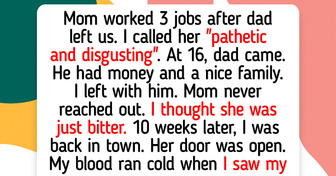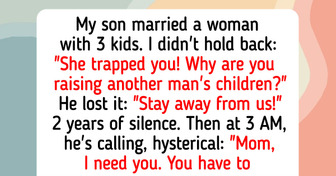10 Powerful Stories That Show Kindness Always Finds Its Way Back
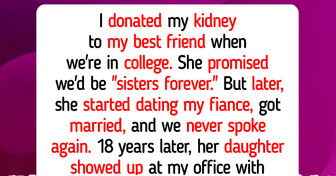
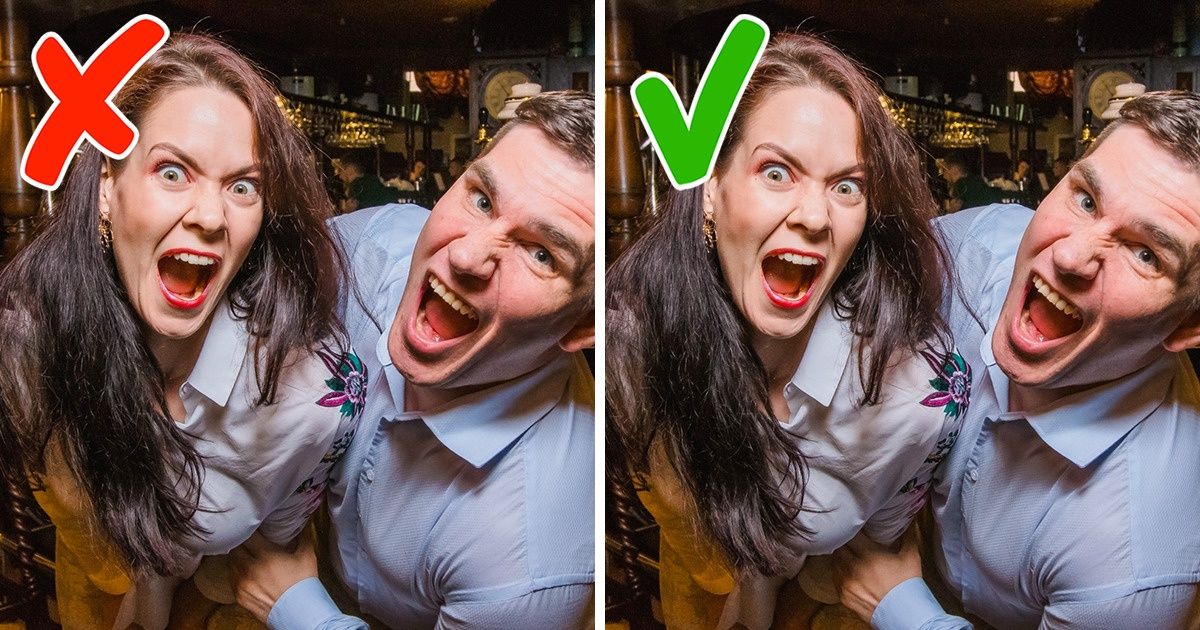
If there is another such thing in the world that has more definitions than love - you name it. The trickiest thing of all is that it can be a cause of indescribable pleasure and unbearable pain at the same time. Nonetheless, we all want to feel it. Dr. Arthur Aron has made it easier for those in pursuit of love. He came up with 36 questions that can lead to falling in love with practically anyone.
We at Bright Side got immensely interested (because who wouldn't?!) in Dr. Aron's study and found 4 different stories of people who tried to fall in love with each other by asking these questions.
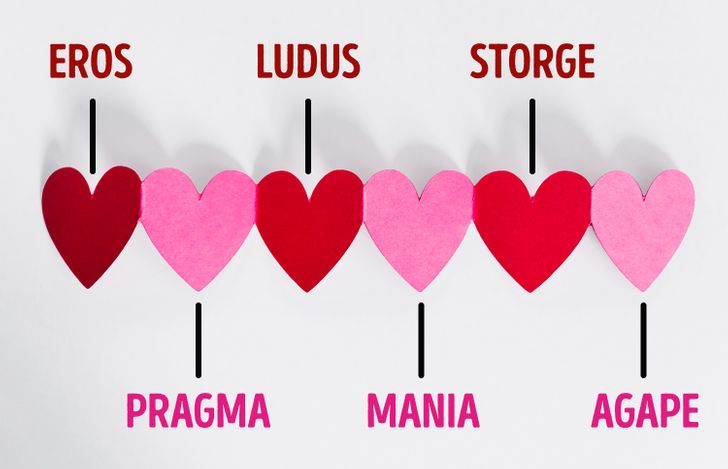
Before we proceed to the 36 questions, let's ask you one - what color is your love?
A famous Canadian psychologist John Alan Lee approached the process of defining love on a "colorful" level. He suggested an idea that love between 2 individuals has 6 different types. In his book "The Colors of Love" he describes all of them and gives each a unique color. Each love type's name derives from either a Greek or Latin word.
Eros - a passionate physical and emotional love based on aesthetic enjoyment; stereotype of romantic love.
Ludus - a love that is played as a game or sport; a conquest.
Storge - an affectionate love that slowly develops from friendship, based on similarity.
Pragma - love that is driven by the head, not the heart; practical and non-emotional.
Mania - highly volatile love; obsession; fueled by low self-esteem.
Agape - selfless, altruistic love; spiritual; true love.
Doctor Arthur Aron and his colleagues went even further and undertook a psychological study determined to test their supposition. They theorized that a romantic feeling could spark between 2 strangers during the answering of a series of specific questions.
Those 36 questions are broken into 3 sets and are meant to provoke intimacy, trust, interest, and closure among 2 people who didn't know each other prior to the experiment. Questions get more and more intriguing and mentally provocative with each set. In the end people have to look each other in the eyes for 4 minutes without interruption. All in all, the original study suggested that the experiment should last for 90 minutes.
The idea behind this experiment is that people get vulnerable and open up in front of each other through sincere conversation. The topics of the questions are deeper than asking which movie each of them watched last. Vulnerability creates closure, and closure inevitably leads to feeling butterflies in your stomach.
The first couple to ever participate in the study got married after only 6 months.
The 36questionsinlove.com website provides the whole bunch of questions which you can open on your smartphone when in need and dive deep into the land of the unknown. Here are 4 stories of people who were brave enough to do so already.
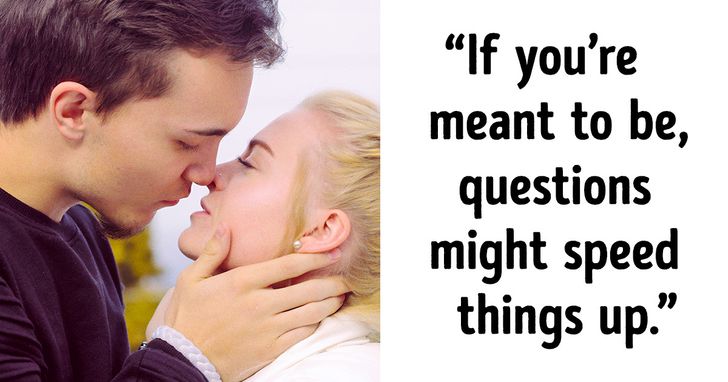
Carina Hsieh is one of the Sex & Relationships editors at Cosmopolitan.com. As her bio at cosmopolitan.com says, Candace Bushnell, the author of "Sex and the City," once called her the Samantha Jones of Tinder. Which leaves us with no doubt that this girl had her fair share of dates and meetings with strangers.
Carina decided to test the questions out and started it off with changing her Tinder bio into "do the 36 qs to fall in love with me or else." A man interested in the idea was quick to appear.
At the beginning, everything was pretty awkward. Carina says that the hardest thing was to decide who would answer the questions first. She had a fear that the person who answered second would inevitably sound less eloquent, sophisticated, or deep, because all the good stuff would have already been said by the first speaker.
However, she also mentions that the questions are not related to sex anyhow, which makes it much easier on the first date with an unknown person. "Having a script made me feel like I could relax without having to make any stupid heavy-handed, flirty, small talk," said Hsieh.
Nonetheless, answering those questions quickly made it clear for Carina and her date that they were extremely different and nothing can change that. "If you’re meant to be, the questions might speed it up, but if you’re just not compatible, those differences will come out sooner rather than later." We couldn't agree more, actually.
Read Carina's full story here.
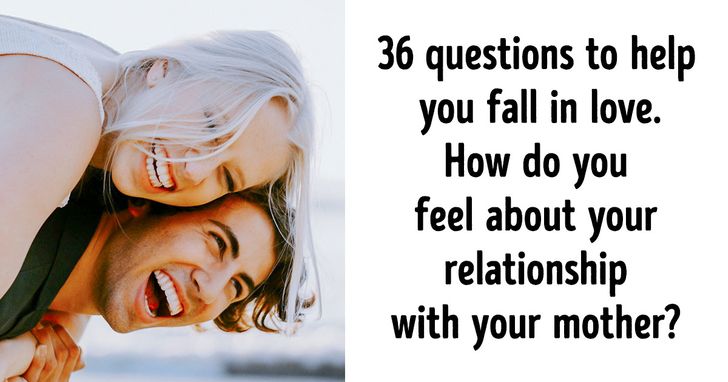
YOU journalist Joanie Bergh also gave Dr. Aron's questionnaire a chance. She was introduced to a seemingly nice guy by a mutual friend and chose him as her "guinea pig." You can find her report here.
The questions as we know them now are supposed to take 45 minutes to answer, which gives us less than a minute per person to answer each of them. This seems impossible if you say more than a couple of words. And that's exactly how it turned out for Joanie and Werner - the conversation kept them busy for 5 hours. "The list appears to spare the potential couple – introvert or extrovert – any uncomfortable silences. The questions are highly personal and force you to think about them and respond in depth," says Joanie.
Vulnerable moments create the required intimacy and going out of your comfort zone in front of a stranger does so too. Plus, each new question ignited some other topic, idea, or anecdote to share and discuss, and that kept the dialogue going as well.
When asked if the questions were useful and would make 2 people fall in love, Werner said, “It might work. Or perhaps it means 2 strangers would in any case fall in love – with or without a questionnaire. Who’s to know?”
Joanie and Werner met once again after that date and spent another 5 hours together, proving that not everything was said the first time around.
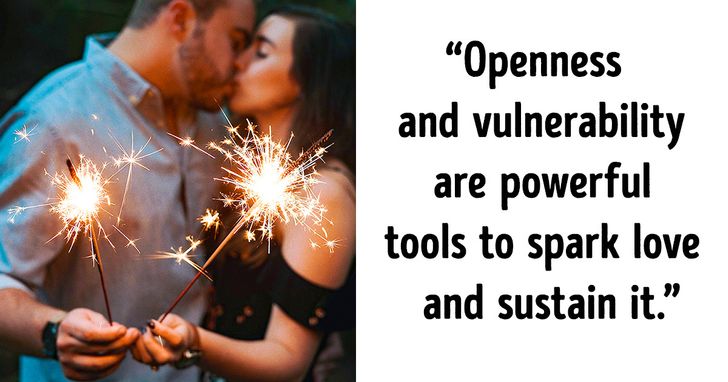
Melanie Berliet was already in a long-term relationship when she came across the 36 questions. Accordingly, her aim was different - not to fall in love, but to kind of stay in love. She was curious if "we can apply what we know about triggering closeness to preventing couples from reaching the closeness bottom."
She and her boyfriend encountered several difficulties in the process. They didn't like hypothetical questions like "an ultimate pick for a dinner guest" and superlatives like "the greatest accomplishment." However, later Melanie realized the significance of those questions. "Maybe there’s value in pushing ourselves to make a choice — to commit, so to speak — to an answer, or a person." Discussing embarrassment isn't the most desirable topic, but it is so "refreshing to divulge a secret to someone you love."
Overall, the experiment of answering the questions with someone you've been with for a long time turns out to be even more beneficial. There is always something more to learn about the other person. And to Melanie, the time spent with her loved one in the process of learning once again showed that she chose the right person. Read about her experience in full here.
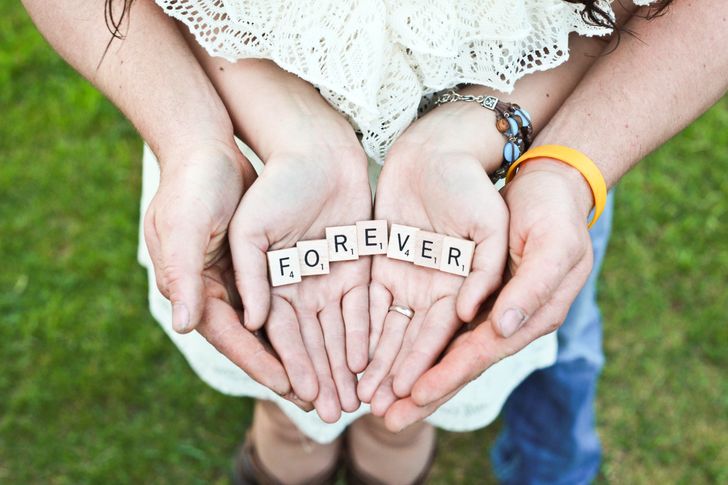
Mandy Len Catron was involved in the experiment unexpectedly. Her university acquaintance challenged her with a question - "I suspect, given a few commonalities, you could fall in love with anyone. If so, how do you choose someone?" How lucky that Dr. Aron dedicated his study to exactly this.
Mandy and her partner in crime spent 2 hours answering questions. She says they were both ready for come what may, because "one neither suggests nor agrees to try an experiment designed to create romantic love if one isn’t open to this happening."
The process of getting to know each other on a profound level that typically takes months or years took a couple of hours on this case. "The questions reminded me of the infamous boiling frog experiment in which the frog doesn’t feel the water getting hotter until it’s too late," said Mandy. And though she found it difficult to list traits and characteristics that she likes and admires about the person she doesn't know much about, it wasn't an obstacle.
Mandy came to the conclusion that while "most of us think about love as something that happens to us," Aron's study assumes that love is an action. If you don't act, nothing is going to happen.
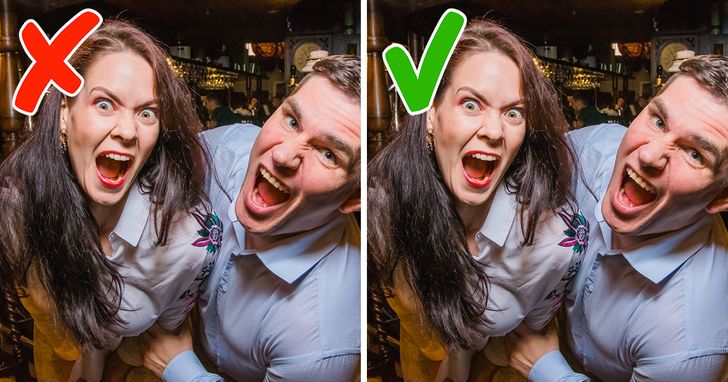
Furious with your partner? Give it another chance and try answering 36 questions. Because summing up all those people's impressions and opinions on the questions that make you fall in love, we have come to the conclusion that giving this experience a try, is a must. No matter if you are going to do it with your partner of many years or a person you have just met - the outcome will surprise you anyway, and most probably in a good way.
Have you tried the questions already? If not, would you like to?

